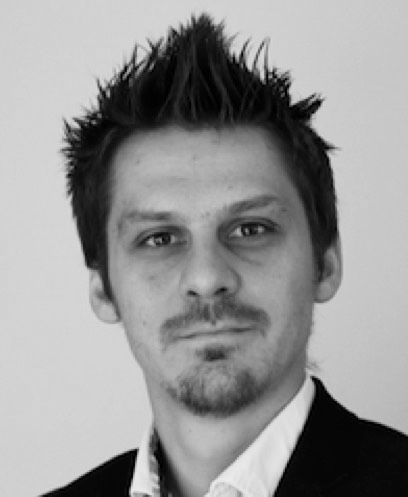Data–Pop Alliance has been conducting ongoing research on Big Data, climate change and environmental resilience. With funding from the UK’s Department for International Development (DfID), we published a synthesis report evaluating the opportunities, challenges and required steps for leveraging the new ecosystem of Big Data and its potential applications and implications for climate change and disaster resilience. The report fed into the World Humanitarian Summit to be organized in Istanbul in May 2016.
This is the third podcast in a series of companion pieces that offer insights from the synthesis report.
This companion podcast to the synthesis report “Big Data for Climate Change and Disaster Resilience: Realising the Benefits for Developing Countries,” was funded by UK’s Department for International Development (DfID) was designed to probe experts to speak more about their work and their ideas about the potential and challenges of Big Data.
Titled “Markus Luczak-Roesch on Navigating a Heterogenous Data Landscape and Legislating for Big Data” this podcast features Markus Luczak-Roesch. Markus speaks about his work organizing the heterogeneous mix of data gathered from cell phones, social media, and other sources, and coordinating it flexibly so that the information may flow more easily between parties. He notes the challenges faced when trying to use this heterogeneous data to understand climate and disaster resilience.

Markus Luczak-Roesch (@MLuczak)
- Dr. Markus Luczak-Roesch is a Senior Research Fellow at the University of Southampton. He is working on the prestigious EPSRC programme grant SOCIAM (The Theory and Practice of Social Machines), a collaboration between the Universities of Oxford, Southampton, and Edinburgh. The SOCIAM project is pioneering methods for supporting purposeful human interaction on the World Wide Web, of the kind exemplified by phenomena such as Wikipedia, the Zooniverse citizen science initiative, and digital disaster response using the Ushahidi platform.
For more on our series:
Read the summary of the DfID videos and podcasts
Listen to the full playlsit of podcasts


![M002 - Feature Blog Post [WEB]](https://datapopalliance.org/wp-content/uploads/2025/10/M002-Feature-Blog-Post-WEB.png)





